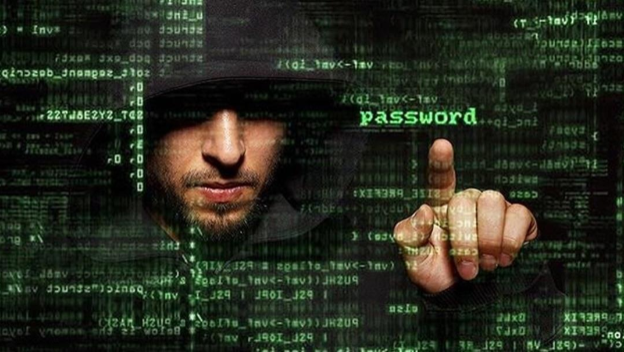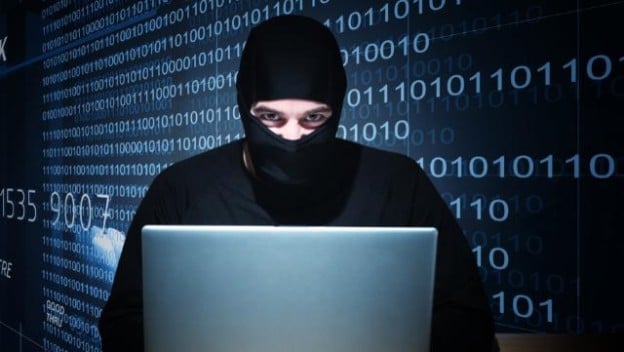“ The anonymity and artificiality of the Internet seems to encourage a moral vacuum where otherwise nice people often behave in the worst possible way.” – Gamasutra
Whilst cheating in online games has a dubious definition, the act does come with a few legal and ethical concerns. There is no international law regarding online cheating yet, so for now we have only our moral compass to guide us – and the occasional game developer. As such, I see no reason why hackers and cheaters of online games can’t use their skills if they do it without harming the game or impairing other players’ enjoyment.
Cheating in online games is an activity that modifies the game experience to give one player an advantage over others. Depending on the game, different activities constitute cheating and it is either a matter of game policy or consensus opinion as to whether a particular activity is considered to be cheating. The Internet and darknets can provide players with the methodology necessary to cheat in online games, sometimes in return for a price. A great many cheaters use hacks, trainers, bots, and whatnot in order to win games. But while some openly try to wreak havoc, many really want to dominate and crush opponents, trying to make other players think they are gods at the game — not the cheaters they are.
Cheating online is not technically illegal according to international law, however some countries have quite harsh laws regarding the matter. Not only are some game hackers banned, but also arrested, as was the case in Japan with three teenagers. So, definitely use your Cheat Engine and bots at your own risk. However, as long as you’re just cheating online for personal entertainment and not affecting other’s gameplay, it will be much easier to stay under the game developers’ radar. Don’t forget that even though online cheating doesn’t violate any laws, it does violate most games’ terms of service. Therefore, you may lose the right to play the game you bought. Hopefully nothing worse than that, but the risk is there. The terms of service of a game are not law, but part of the buying contract that you have with a game developer ( HackerBot ).

Beginning to make a little money off your cheats, though, that’s when game developers might begin to see you as competition and take legal action. Sharing your cheats or hacks in this way is often a one-way ticket to getting negative attention from the game developers. Even if you are simply posting educational videos on YouTube and running ads, legal action can be taken. Nonetheless, I think that making a profit with your online game cheats is akin to selling your essays to students. You will receive no credit for your work unless you are caught and the profit is not worth the risk of legal punishment. In my opinion, the very action of making a profit off of your hacks is capitalizing on your skills. However, the moment a client uses your hack for anything other than personal use, or uses it to harm the game and interfere with other players, then it becomes ethically problematic for me.
Though cheating violates the terms and conditions of service, there are a lot provisions in the latter that I don’t agree with. Cheating is simply one provision further. As long as the hacker or cheater is not harming the game or impairing other players’ enjoyment of the game, than I see no reason why they shouldn’t be allowed to hack or bot. In other words, don’t be malicious, and know what you’re risking by violating the terms of service.
